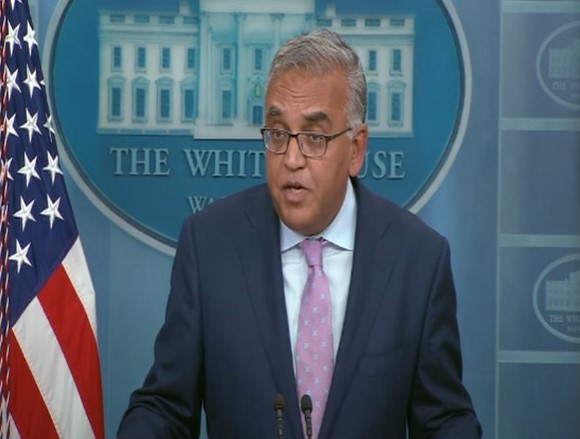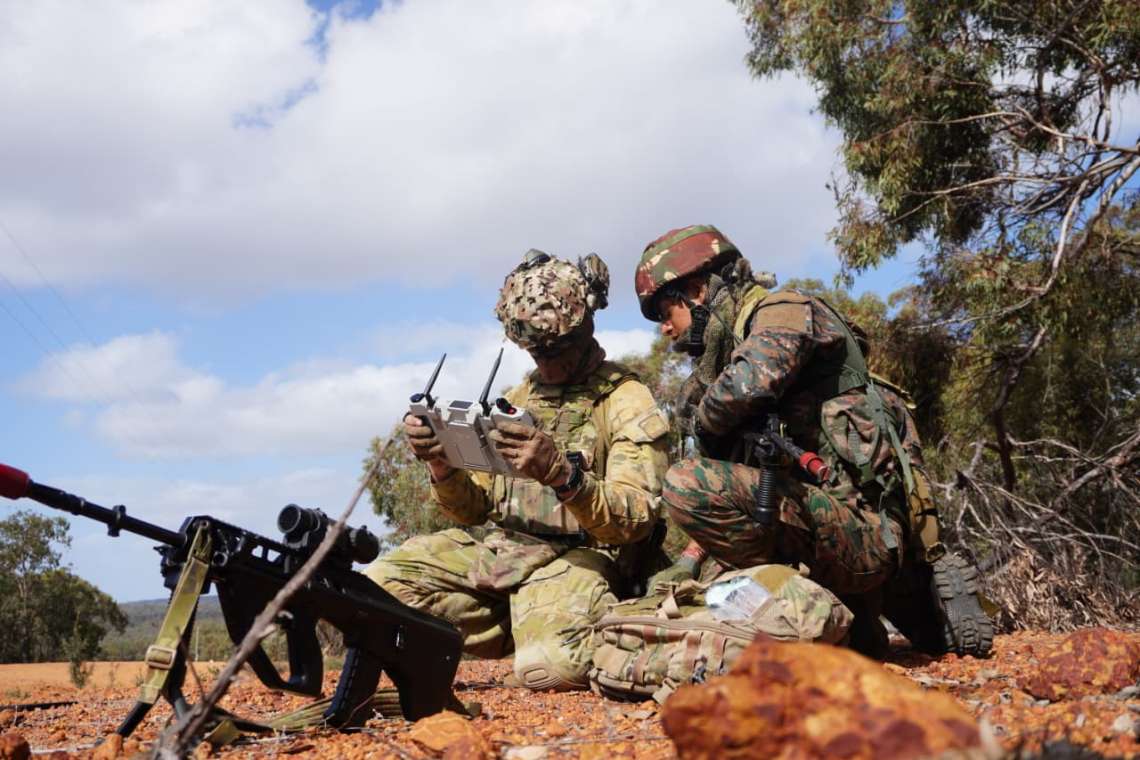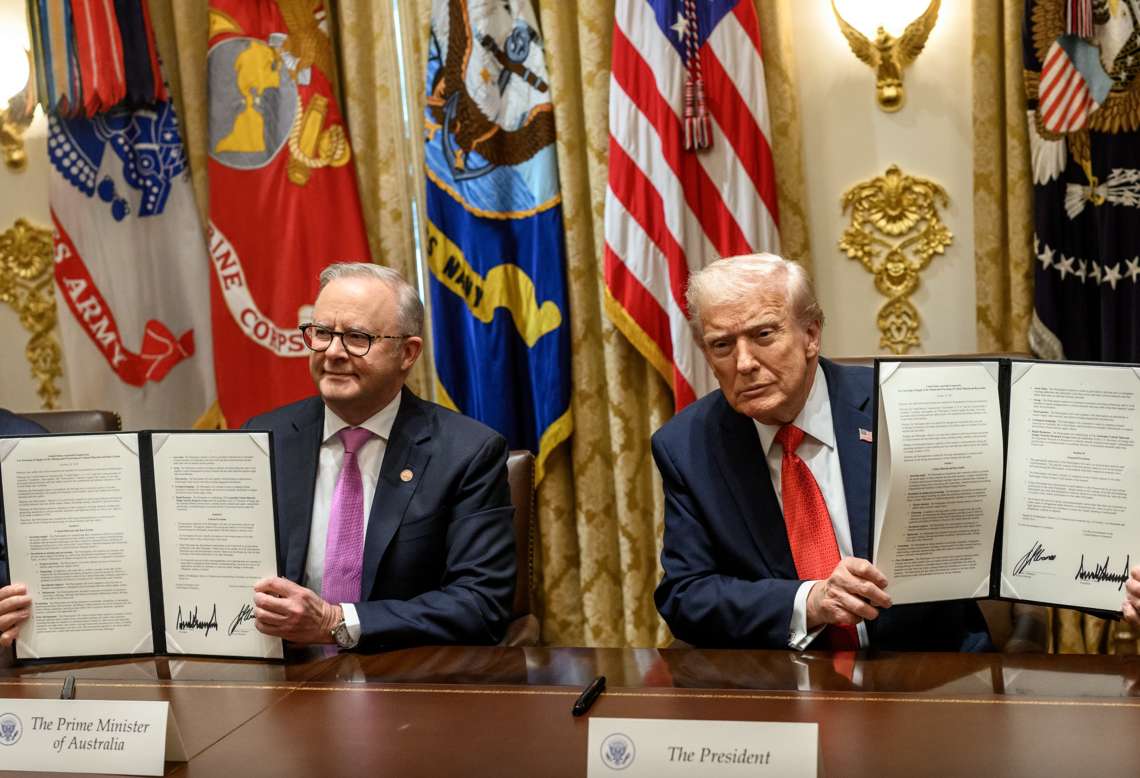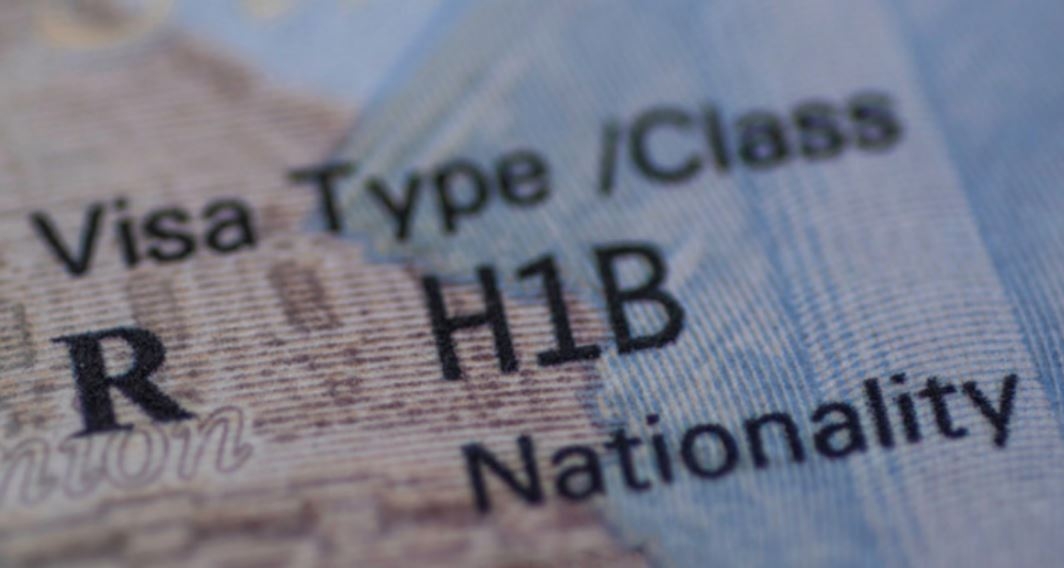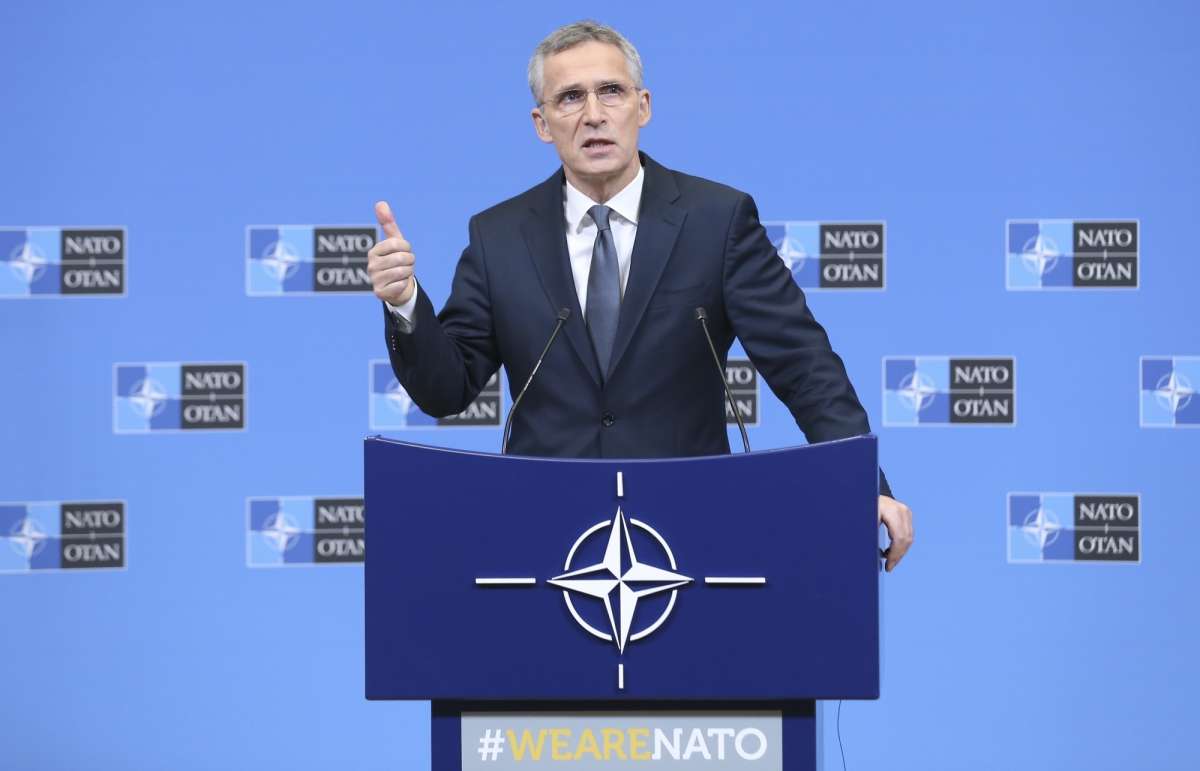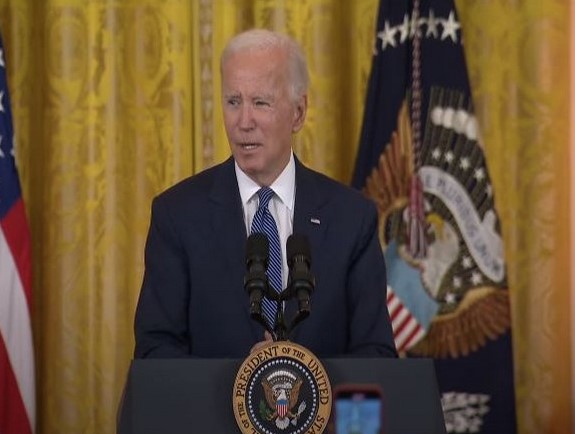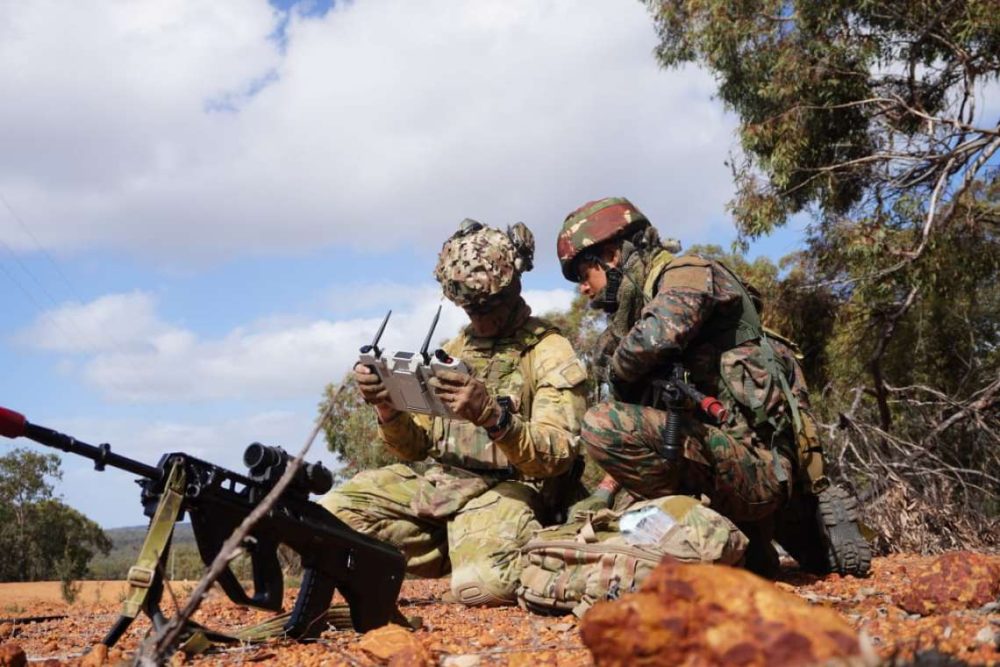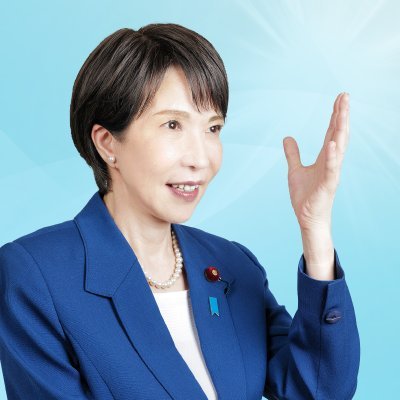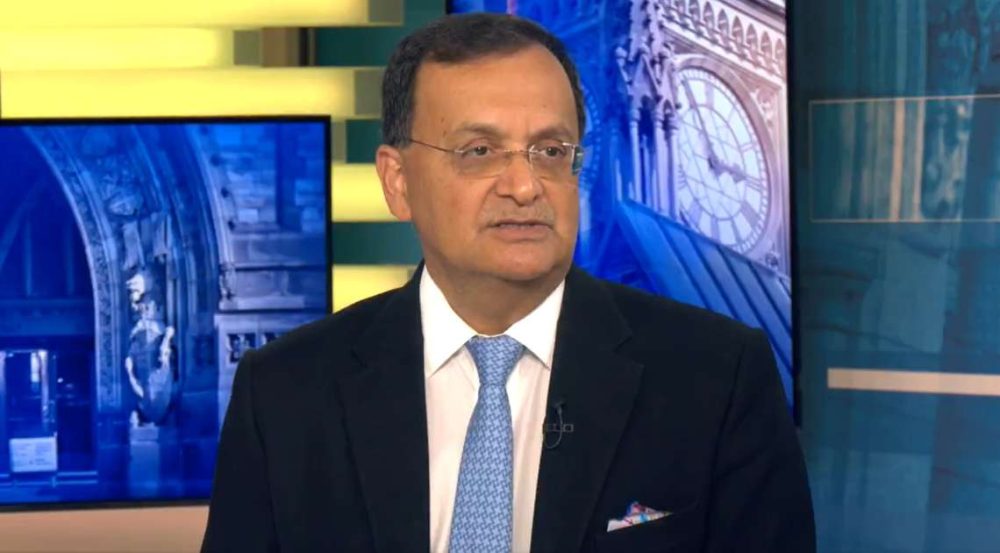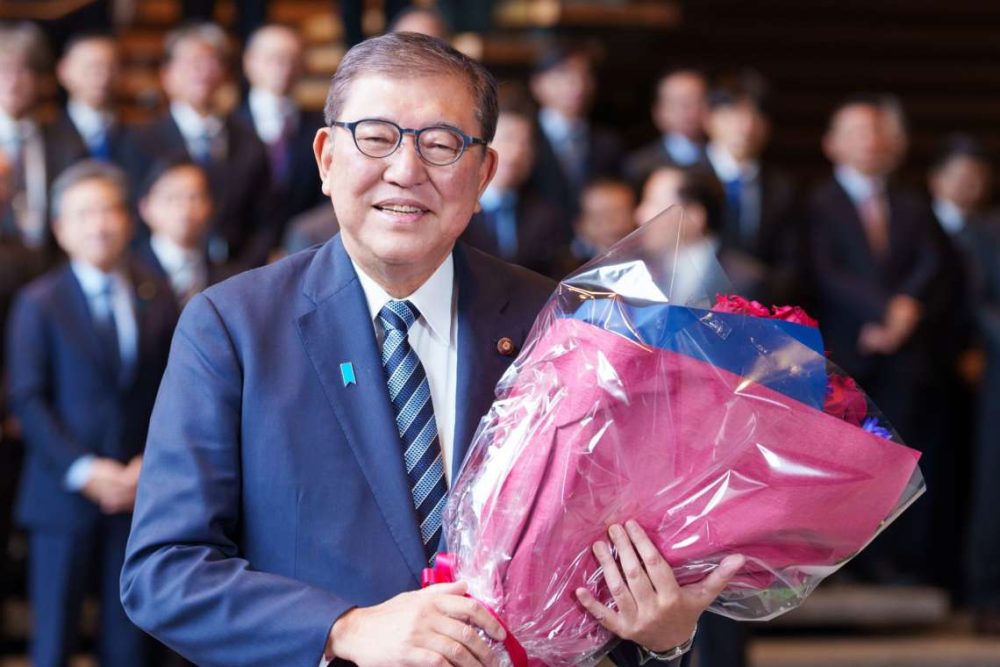While calling India a major exporter of vaccines in the world, Ashish Jha termed India’s vaccine manufacturing capacity as ‘incredible’…reports Asian Lite News
India’s vaccine manufacturing capacity came in for high praise during a White House press briefing on October 26, by Ashish Jha, White House COVID-19 Response Coordinator. While calling India a major exporter of vaccines in the world he termed India’s vaccine manufacturing capacity as ‘incredible.’
Ashish Jha’s comment came in response to a question asking him about his view on India’s handling of the COVID crisis. Responding to the question, Jha said, “India because of its incredible manufacturing capacity, has been a major exporter of vaccines.”
The questioner had also asked about the slowness in India and Quad cooperation, where India was supposed to manufacture the vaccines and Quad was to distribute them across the world.
Quad, also known as Quadrilateral Security Dialogue is a strategic security dialogue between four countries namely, India, US, Australia, and Japan. The main aim of Quad is to support a free and open Indo-Pacific and build supply chains.
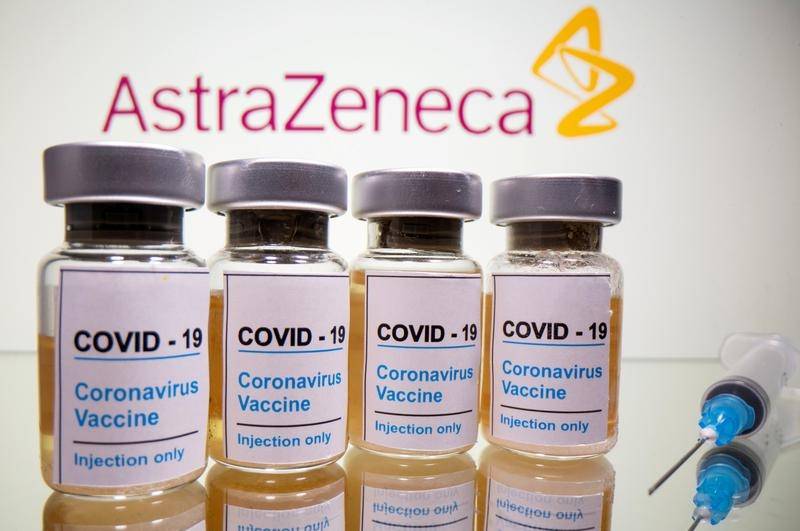
“I have not looked at this very closely. My understanding of why it has slowed a bit is because global demand for vaccines has slowed, because, again, we have produced a lot of vaccines,” said Jha.
“But I think that Quad partnership is really important, and certainly important to this administration. India is an important manufacturer of vaccines for the world, not just for India itself. It’s a really important thing,” he added.
Earlier in February, the Ambassador of India to the United States, Taranjit Singh Sandhu had said that the cutting-edge technology and research leadership of the US and the capabilities of India, the world’s largest vaccine manufacturer, can be combined for producing affordable vaccines.
He emphasized that vaccinating the world must be the priority strategy against the pandemic adding that the world’s map of vaccinations presents a story of disparities with the under-developed countries including those in Africa lagging at 10 per cent or below.
In October 2021, the U.S. International Development Finance Corporation and Biological E. Limited unveiled the expansion of Biological E.’s vaccine manufacturing facility in Hyderabad, to bolster near-term COVID-19 response efforts. It will also benefit long-term global health in India and throughout the Indo-Pacific region, the US Mission India said in its press release.
In February 2021, the US lifted an embargo imposed under its Defence Production Act, which required India to use resources to produce doses for its population.
Following the lift of the embargo on the raw materials required to manufacture the COVID-19 vaccine, Serum Institute of India (SII) CEO Adar Poonawalla credited US President Joe Biden and External Affairs Minister S Jaishankar for the ‘policy change’, stating that this will increase raw material supply globally.
“US vaccine manufacturers, we are confident in the supply of our authorized vaccines. As a result, we’re removing the DPA priority ratings for AstraZeneca, Novavax, and Sanofi,” the White House had said in a statement.
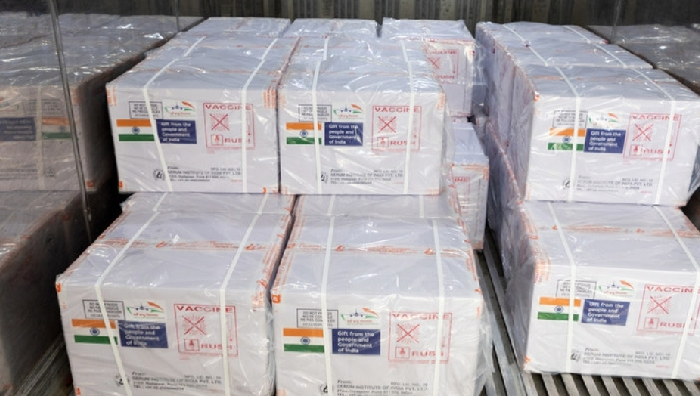
India’s vaccine diplomacy reached 17 nations
India’s vaccine diplomacy has reached 17 nations, including neighbouring countries as well as those in West Asia, Africa and Latin America. The latest figures indicate that India has supplied 56 lakh doses of Covid-19 vaccines as part of an international grant while another 1 crore doses have been shipped or flown out of the country commercially.
New Delhi also gifted 5 lakh doses of coronavirus vaccines to CARICOM countries (Caribbean Community), and another 2 lakh doses each to Nicaragua and the Pacific Island states.
As part of the GAVI-COVAX alliance, India would further supply 1 crore (10 million) doses to Africa and 10 lakh (1 million) to UN health workers.
From January 20, 2021 onwards, over 56 lakh doses of Covid-19 vaccines have been sent as a gift to neighbouring countries and the extended neighbourhood. These include Bhutan (1.5 lakh), Maldives (1 lakh), Nepal (10 lakh), Bangladesh (20 lakh), Myanmar (15 lakh), Mauritius (1 lakh), Seychelles (50,000), Sri Lanka (5 lakhs), Bahrain (1 lakh) and Oman (1 lakh).
These supplies were based on requests from the respective capitals.
Commercial exports have taken place to Brazil, Morocco, Bangladesh, South Africa, Egypt, Algeria, Kuwait and the UAE.


